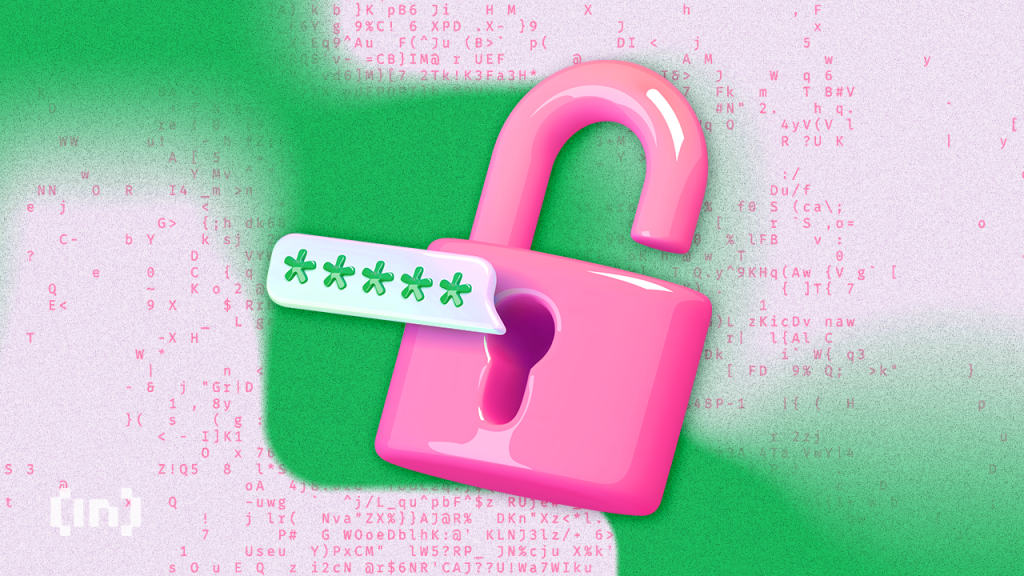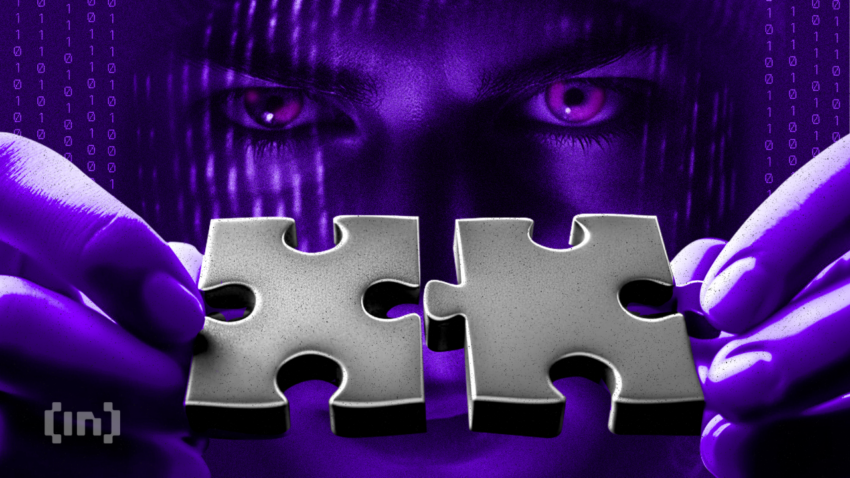New AI Can Listen to Keystrokes and Learn Your Password

[ad_1]
A new study suggests that certain AI is able to distinguish what your password is simply by listening to the sound of your keyboard. An unsettling fact for those with crypto wallets.
Scientists have used machine learning techniques to develop a system that can recognize specific laptop keys being pressed solely by analyzing the sound. The new study, published as part of the IEEE European Symposium on Security and Privacy Workshops, and submitted on August 2, found that when trained on keystrokes recorded by a nearby phone, the classifier achieved an accuracy rate of 95%.
AI Can Listen to Your Password Using a Microphone
When trained on keystrokes recorded using the video-conferencing software Zoom, the rate of accuracy was 93%.
With microphone-equipped devices becoming standard, there are legitimate worries that the AI could endanger the privacy of what we type into our laptops and computers. For crypto owners, this could threaten the safety of their digital assets.

The findings present worries for users of both custodial and non-custodial wallets. Custodial wallets are those hosted and controlled by a third party, such as an exchange.
The third party in question will have control of the private keys, and users will typically access funds through the provider’s interface. This would usually mean you are able to access your funds simply put inputting your email and password.
On the other hand, non-custodial wallets give the user full control over their private keys and funds. In this case, its owners are fully responsible for the security of their digital assets.
But in a nightmare scenario where hackers are listening to your keystrokes, both are at risk. Hackers may well be listening in to your password, private keys, or seed phrase. However, the new race towards account abstraction, which removes the need for remembering complicated seed phrases and private keys, could supercharge the risk of losing your funds.
Keyloggers Have Been Around Since the 1980s
Black hat hackers have been trying to see what we type for decades. The first known software keyloggers was developed by Perry Kivolowitz in 1983.
Since then, criminals have been trying to sneak malware versions onto our computers to discover our sensitive information. The invention of audio keyloggers opens up another front in the war against hackers.
In the future, biometric wallets that use a scan of your face or your fingerprint may be a safer option.
Disclaimer
In adherence to the Trust Project guidelines, BeInCrypto is committed to unbiased, transparent reporting. This news article aims to provide accurate, timely information. However, readers are advised to verify facts independently and consult with a professional before making any decisions based on this content.
[ad_2]
Source link










